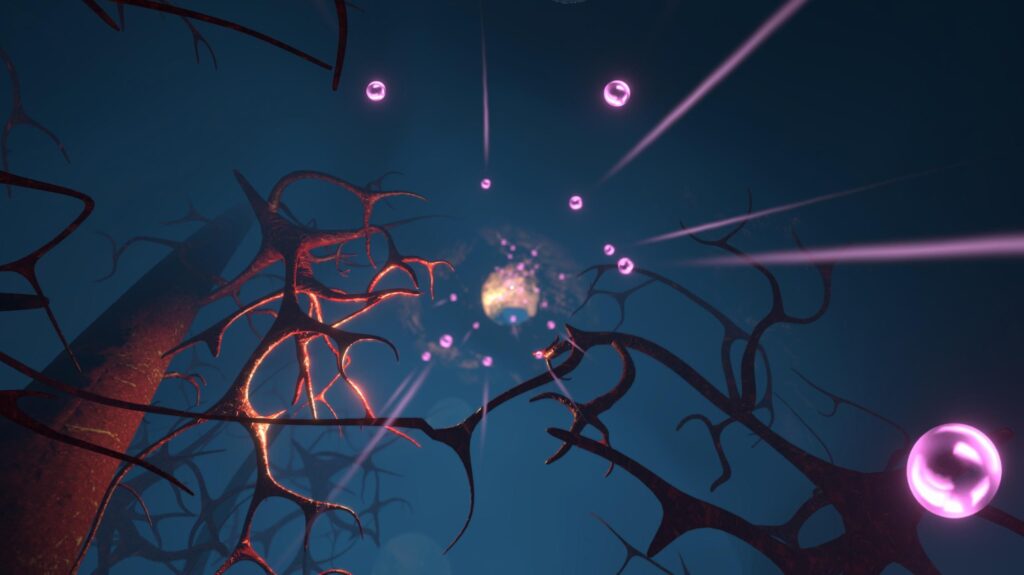
PC, free
Hello publishers. Want an indie hit to publish? Then you should likely throw money at Mind Diver, by a Danish team of former students. This free project is a slice of what could (and should) be a larger game, in which you play a detective who enters people’s minds to help them restore lost memories. Where there are gaps, you place objects, in order to fill in gaps in recorded audio. This is all depicted in a world created out of 3D scanned real-world objects and people, that then look like they’ve gone through some sort of dream AI.
The chapter here is focused around a missing person, Sebastian, who appears to have disappeared shortly after a drunken party. Lina, your client, can’t remember much of the party, so you enter her mind to attempt to piece the evening back together. To do you, you sort of swim through her mind, represented by a large abstract space, containing large bubbled discs on which events are set. Swim to one of these, land inside the bubble, and you can look around and listen to the fragments of the memory that currently exist.
This contains clues for what items might be absent from memory holes, that when put in place will fill in more of the audio. As the game progresses, these sections can be spread across multiple memories, warping between them, piecing together the past.
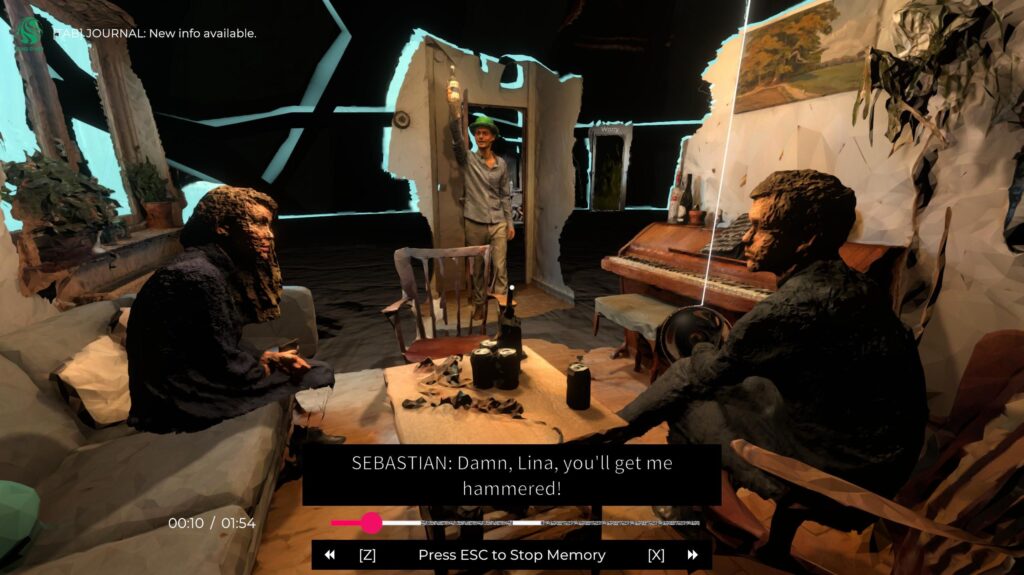
What’s most extraordinary here is this isn’t about finding the few loose objects and then putting them in place. Almost everything in the detailed locations can be picked up, from empty cans on a table to people in the room, paintings on the wall to entire train station platforms. This requires really paying attention to all the details in a memory, and making what are – but for one case – logical and reasonable deductions.
As you play, the memories you explore become a lot more than just the night before, but exploring back through the history of Sebastian and Lina’s relationship, slotting together the story of a relationship. Within this are exquisitely small details that speak of complexity and subtlety, making me far more interested in this couple’s story. Sebastian reminds me of some of my worst traits, the infuriating consequences of an anxiety disorder that cause a person to become a burden out of their fear of being a burden. Lina is equally complicated, not anything so tedious as a “heroine”.
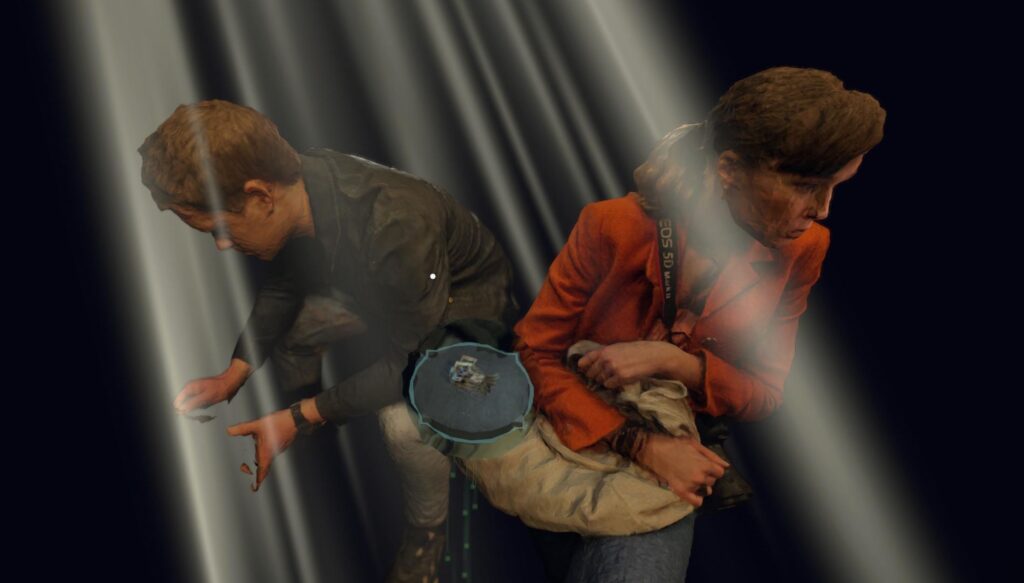
The art, this dream-like effect of scanned objects, set inside cut-out locations, ensures things always feel ambiguous, detached, moments in time that exist as memories do: broken, confused, fragmented.
Oh, I said “but for one case”. Sadly, right at the very end of this slice of game is a puzzle solution that doesn’t make sense. But just the one, amongst very many, and I got there in the end.
This is a fantastic piece of work, and a satisfying experience in its own right. There’s a solid couple of hours of game here, that I’d have been happy to have paid for (although perhaps then more annoyed by the lack of resolution), that honestly should be all any indie publisher needs to throw money. And for us, it’s a fascinating experience, unlike anything else I’ve played.
- Indoor Sunglasses
- Steam
- Free
- Official Site
All Buried Treasure articles are funded by Patreon backers. If you want to see more reviews of great indie games, please consider backing this project.


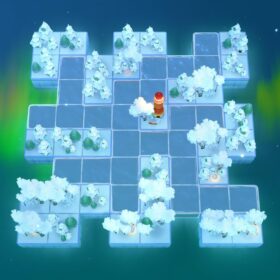
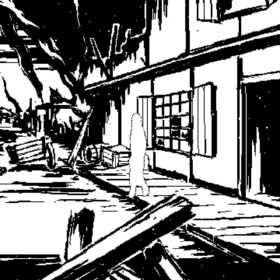
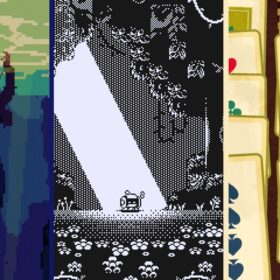


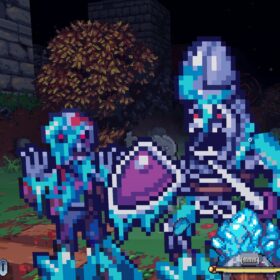
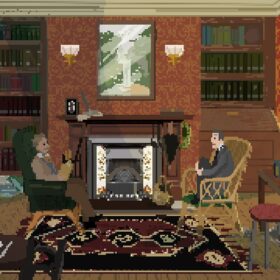
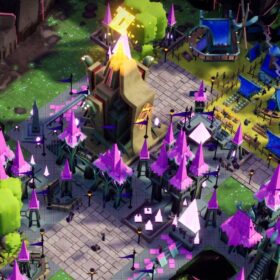
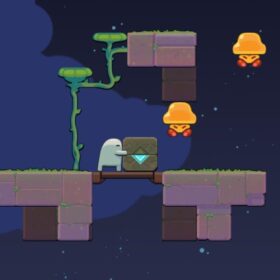
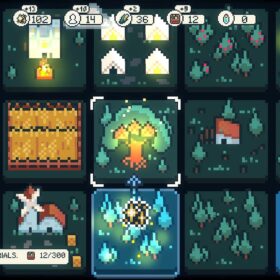

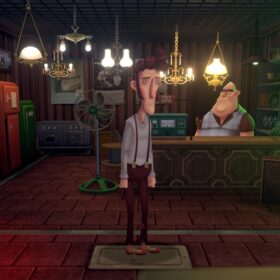
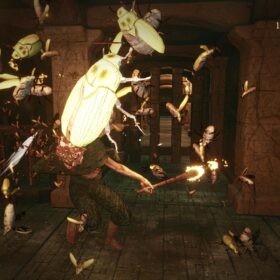

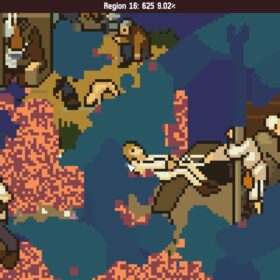
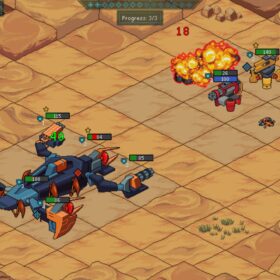


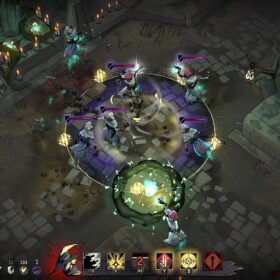
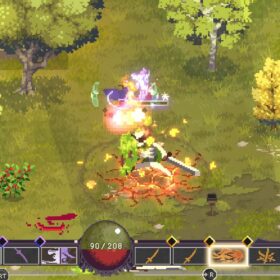
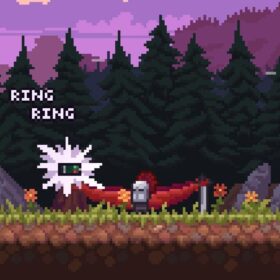
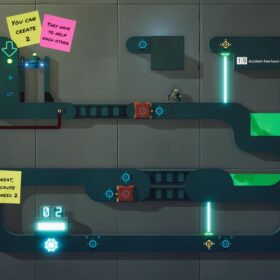
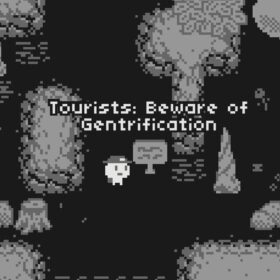
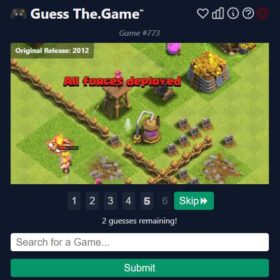
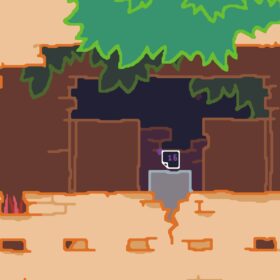
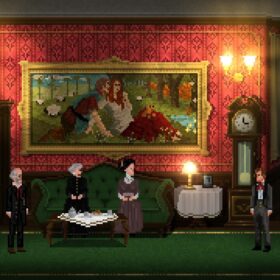

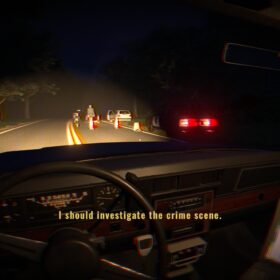
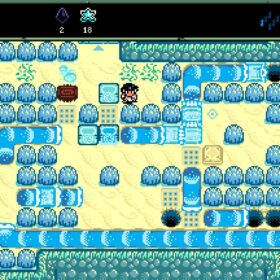
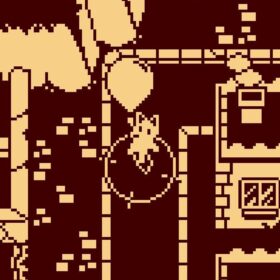
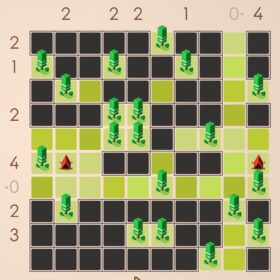




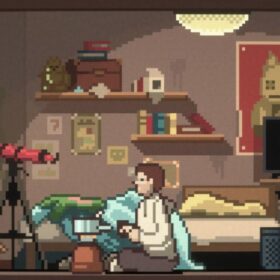
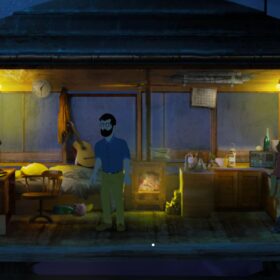
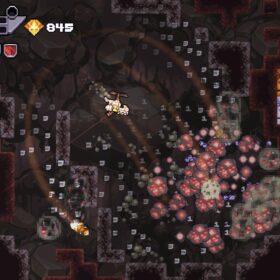
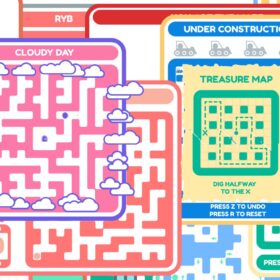
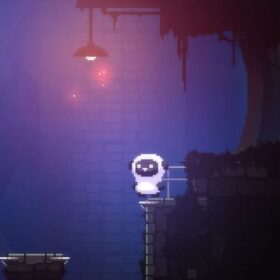
Ooh this sounds great! Will give it a go. Sounds like a formula that is ripe for building on. Thanks, John.